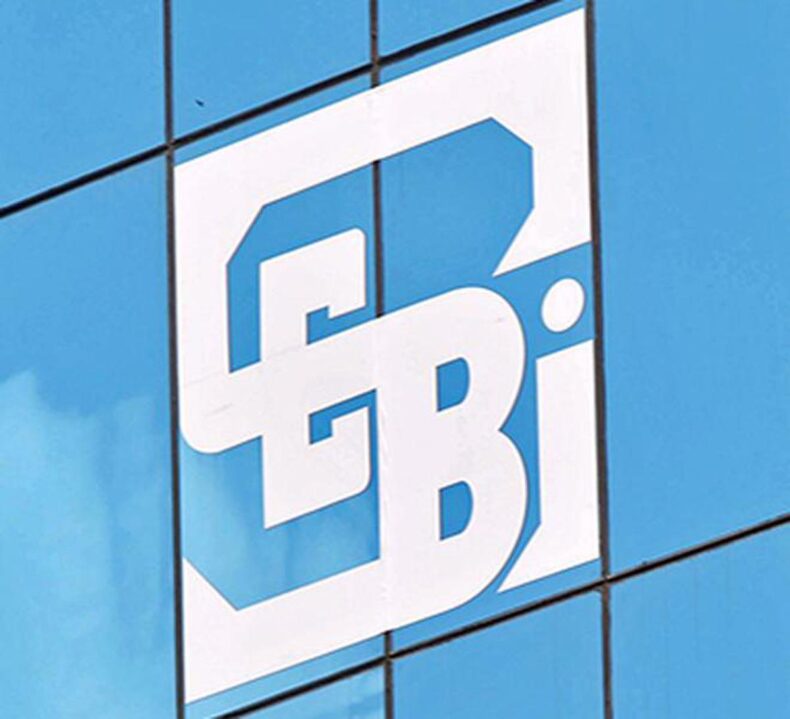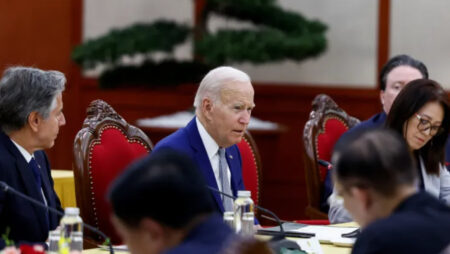The regulatory body of the Indian stock market, SEBI, is about to tighten the norms for mutual fund investors in the upcoming phase of initial public offerings (IPOs).

The Securities and Exchange Board of India (SEBI) is looking at the possibility of implementing stringent norms for investment by mutual funds (MF) in initial public offerings (IPOs). The guidelines will be compiled with the standards that direct the process of allocating shares to various schemes, following up on the post-allotment, and laying out the steps to carry out the due diligence process during the IPO investment period.
By referring to the current scenario, Mutual Funds bid for shares only at the fund house level, and will not proffer bid at the individual scheme level. As there is no existing standard format for allocating the shares, a fund house uses a discretion method to assign shares to different schemes in the pursuit of post-allotment.
The regulating body may give an order for all the funds to follow through with a scheme-wise allotment, and that will provide a clear demarcation on which scheme has applied for how many shares.
“Orders will have to be given scheme-wise and alongside, the system should have to maintain track of the list of schemes and the number of shares applied for per scheme. The final allocation will take place accordingly by utilizing the pro-rata basis”, a leading investment analyst said.

Mutual funds can take part in the IPO either as anchor investors or as institutional investors under the general quota for Qualified Institutional Buyers (QIBs) and their inclusion, and 5% of shares should be allocated to the aforementioned. Companies have the freedom to sell up to 60% of their QIB book to anchor investors, and out of that, one-third has to be reserved for mutual funds due to the surge in demand.
The regulator has to assure the mutual funds, and investors that the processes are running uninterruptedly and aid them to do research and verifications while selecting one IPO over the other. Similarly, the trustees are asked to ensure that they follow up all steps by the principle of IPO investment. The regulator is obliged to provide guidelines in the requested domains asked by the trustee.
There is a persisting demand to facilitate separate scheme limits for mutual fund investment in IPOs. Through the means of revising the limits downward, more schemes will come to the part of participating in IPO as bringing down the risk of exposure per scheme.

In the earlier month of this year, out of 123 participants of anchor investors, 99 were domestic mutual funds that bid for the country’s largest IPO of the state-run Life Insurance Corporation Of India. Mutual funds inflated themselves with a total of Rs 3,300 crore in eight IPOs that hit the market in November, according to reports.
READ MORE: Passive Investment- A hope for debt free life in 2024













